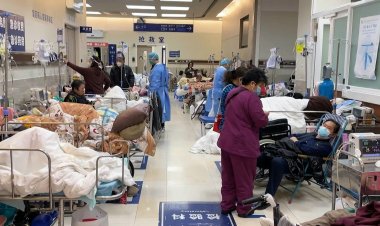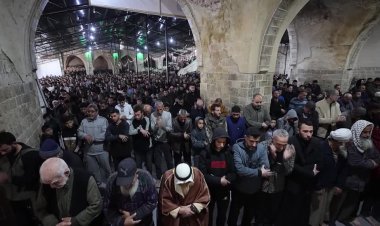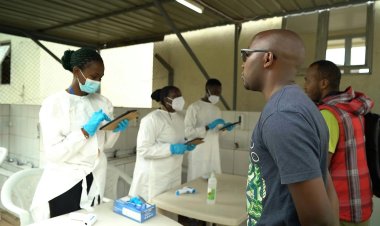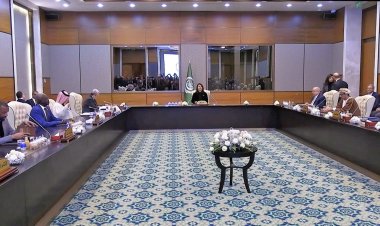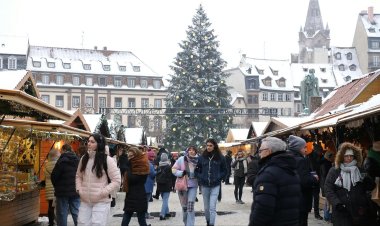Colombia Suspends Truce with Rebel Faction
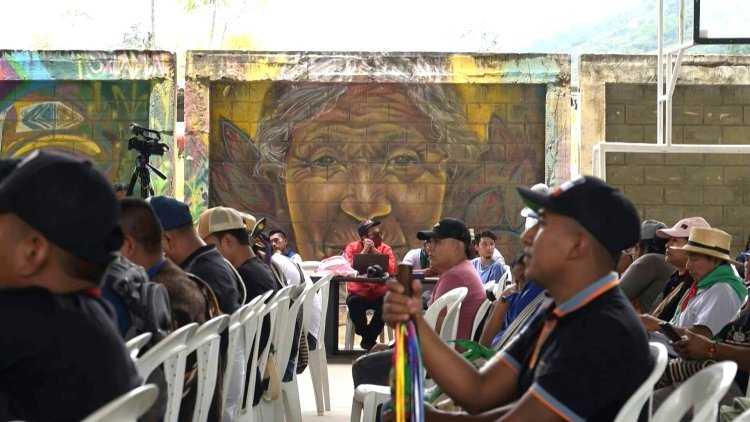
Indigenous communities in Cauca gather to discuss the March 16 assassination of indigenous leader Carmelina Yule, allegedly by the Dagoberto Ramos Front of the armed rebel group Estado Mayor Central (EMC) in Cauca, southwest Colombia.
Colombia suspended a truce with the armed rebel faction the Central General Staff in three different parts of the country.
The EMC -- dissident guerillas who broke off from the rebel FARC group when it signed a peace pact with the government in 2016 -- opened talks with President Gustavo Petro's administration last year.
Since his election in 2022, leftist Petro has sought to put an end to six decades of conflict between the country's security forces, guerrillas, right-wing paramilitaries and drug gangs.
However, his "total peace" process has faced multiple setbacks with the guerrillas, who are linked to drug trafficking and are accused by rights groups of taking advantage of various ceasefires to expand their influence, seize more territory and recruit new members.
Announcement came after the EMC's "non-compliance with the ceasefire," and would see the military resume "offensive actions" against them in the departments of Narino, Cauca and Valle del Cauca, according to a decree from the defense ministry.
The truce remains in force in other regions, including the Amazon and along the border with Venezuela, however.
Announcement of the truce suspension came after officials in the municipality of Toribio said an attack on an Indigenous community there had left a 52-year-old woman dead and a man wounded.
Petro's government has suspended the truce before, doing so for several months last year after four Indigenous people who defected from the EMC's ranks were killed.
The EMC is made up of some 3,500 fighters and controls drug trafficking routes along the borders with Ecuador and Venezuela, according to military intelligence.




